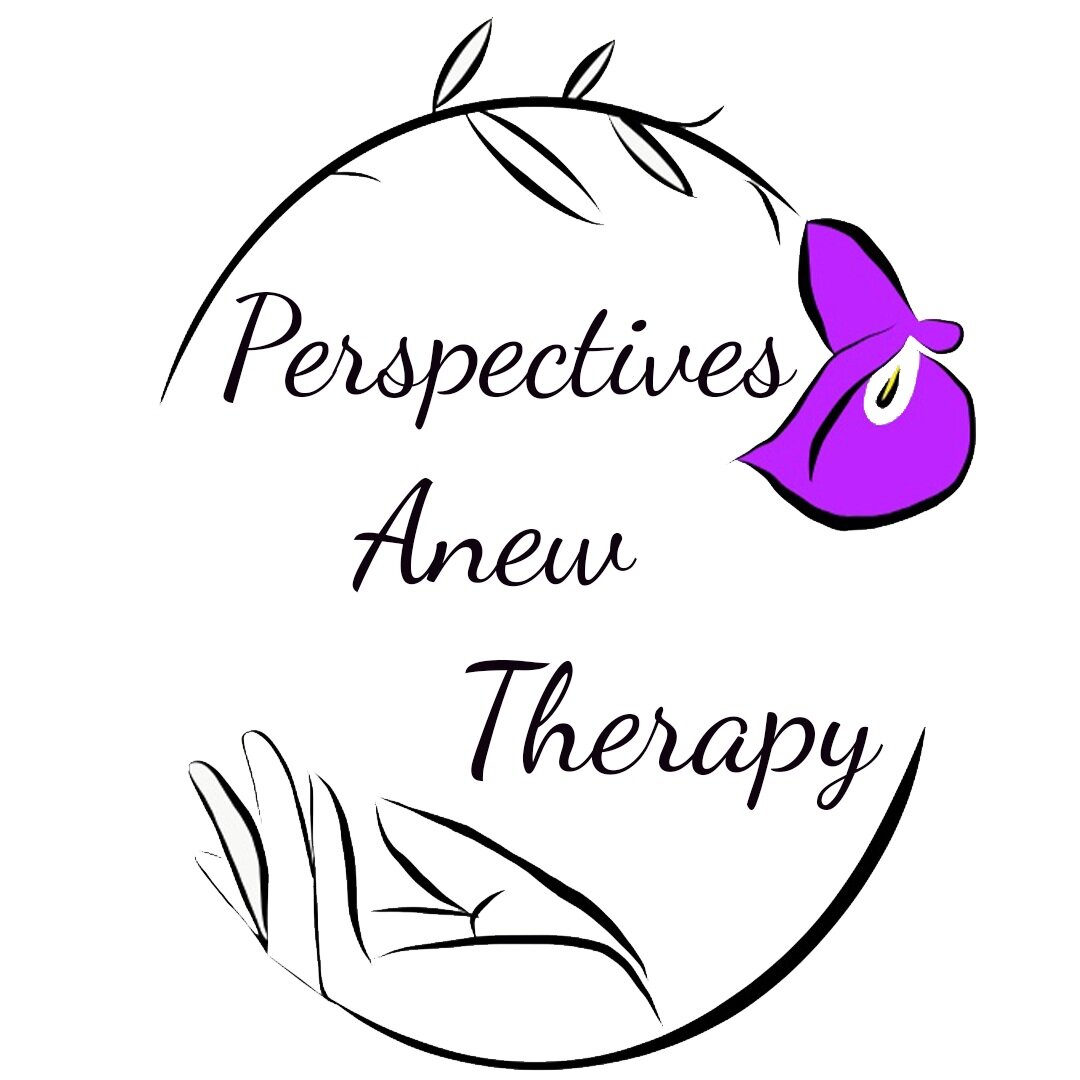Radical Acceptance
Radical acceptance is the ability to accept situations that are not within your control and doing so without judgment to reduce the suffering caused by the situations. This practice believes that suffering doesn’t come directly from pain, but the attachment we experience to the pain. Carl Rogers set forth this practice that has its roots in Buddhism and explains that the first step towards change is acceptance. The key to overcoming suffering in this practice is non-attachment, which does not mean not feeling emotions, but intentionally not letting the pain turn into suffering.
Non-attachment can be achieved by watching your thoughts and feelings to identify when we are making ourselves feel worse than we need to. Not judging the situations does not mean condoning what happened, instead it means accepting reality without getting caught up in an emotional reaction to reality. This practice is not easy by any means because it makes us identify our suffering as a result of the initial pain being prolonged due to an inability to accept.
A misconception about radical acceptance is that you are supposed to agree with what is happening or what happened to you, and that is incorrect. This practice helps people accept reality because we can cause even more misery for ourselves when we avoid or dwell on things beyond our control. Radical acceptance is not forgiveness because radical acceptance means offering kindness to yourself, not another person. Radical acceptance means acknowledging pain is a part of life while decreasing emotional reactions and feelings of helplessness in order to achieve a sense of calmness and using logical reasoning. Situations cannot always be changed, but you are able to change how you view the situation.
Radical acceptance is not appropriate to be used in all situations such as being in an abusive relationship, dealing with harassment, being treated poorly, and experiencing burnout. Instances where this practice is appropriate include going through a breakup, the passing of a loved one, and when you’re causing more pain for yourself because of an inability to accept what happened.
Source: What Is Radical Acceptance by Arlin Cuncic
